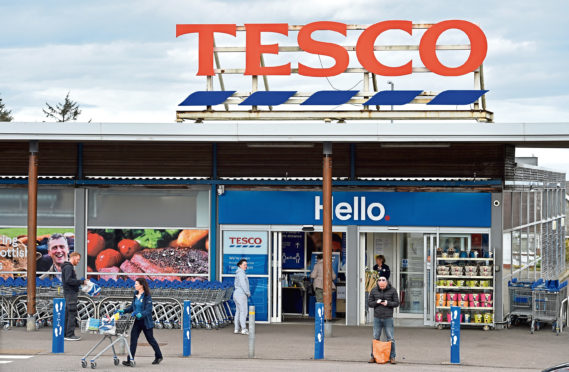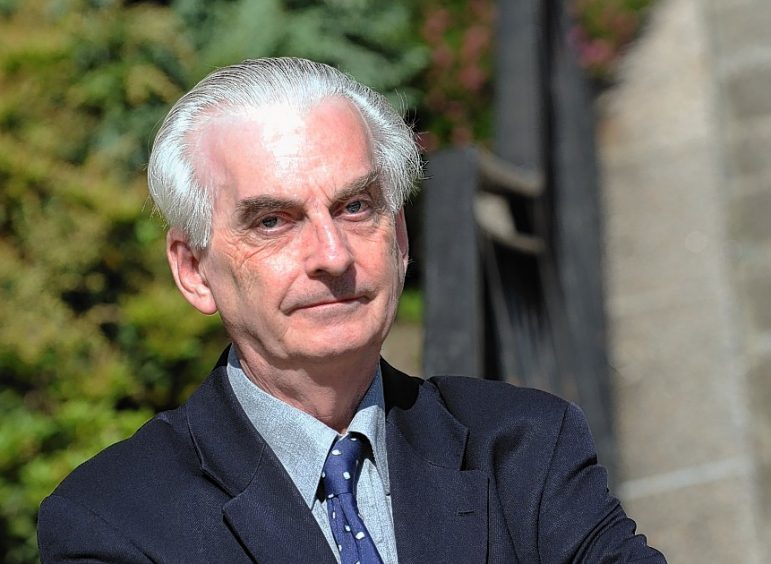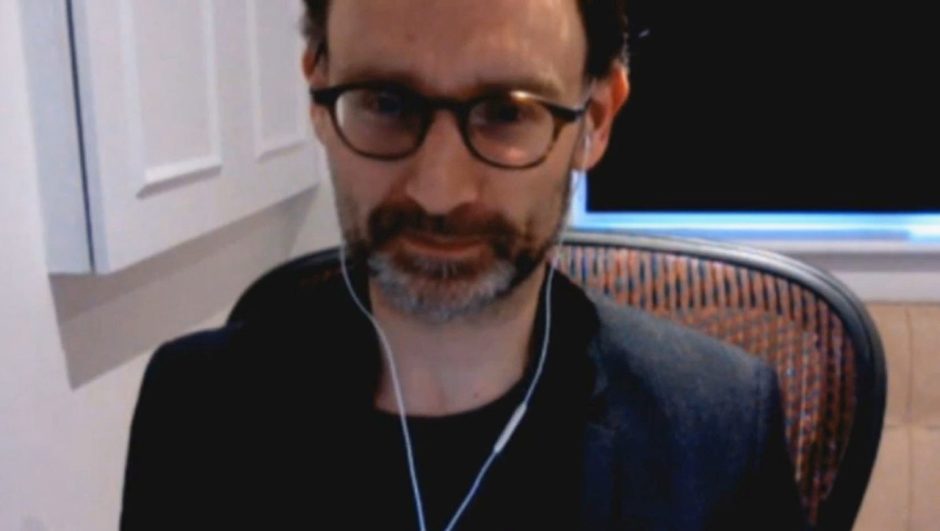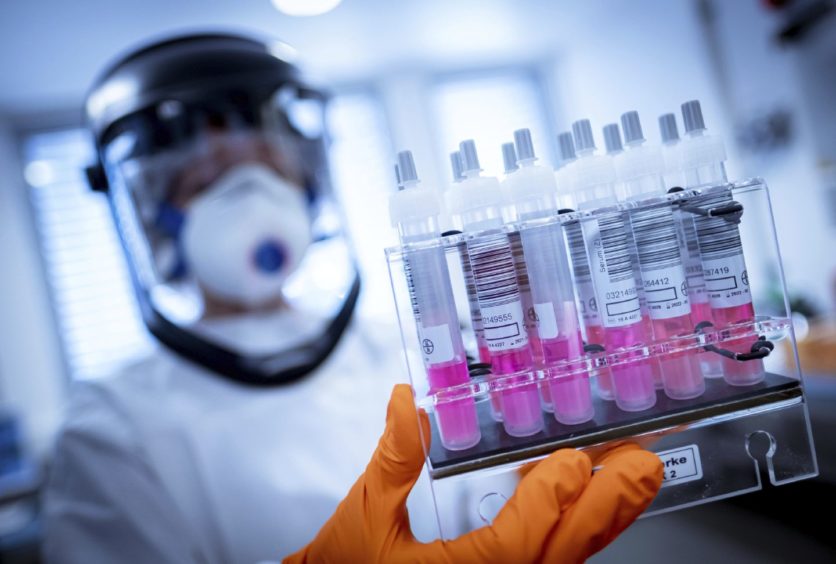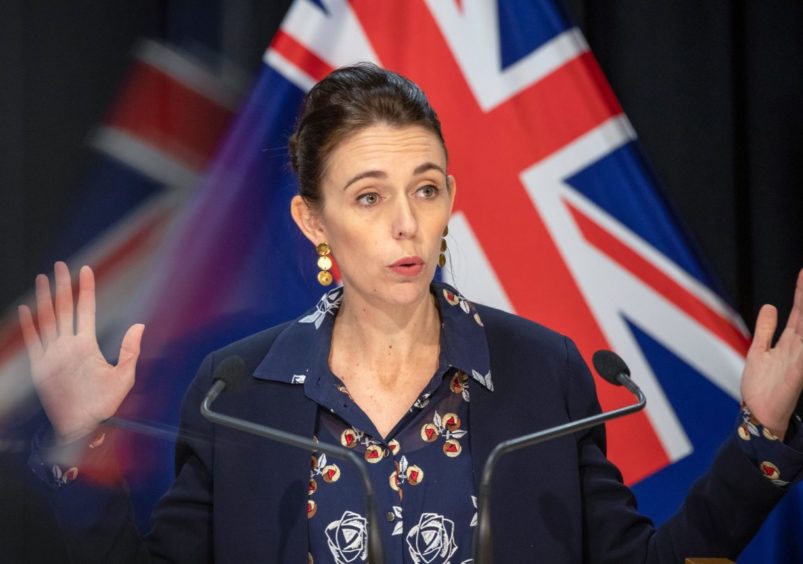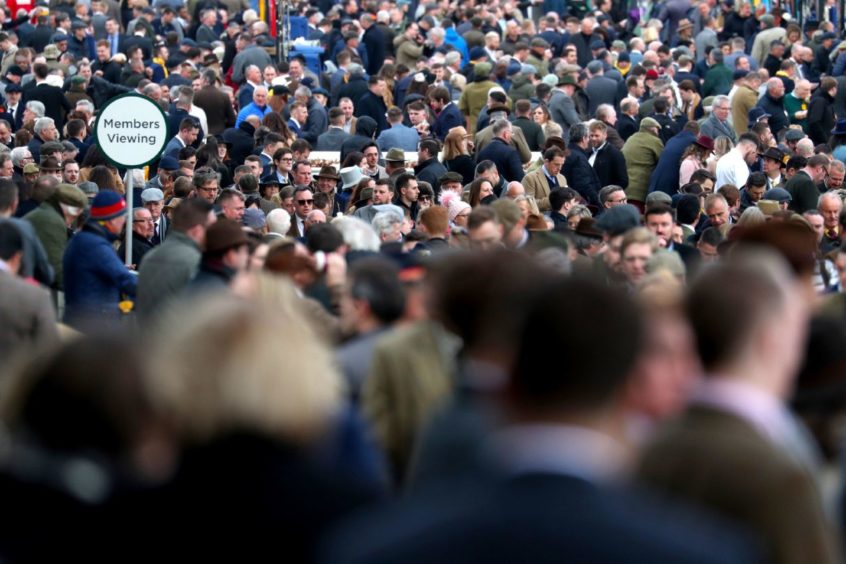Social distancing could be “abandoned” by the end of this year if decision-makers stopped waiting for a vaccine, an expert claimed.
Professor Hugh Pennington, emeritus professor of bacteriology at Aberdeen University, said he was “reasonably optimistic” that the coronavirus outbreak could be “eradicated” in Britain by Christmas by focusing efforts on a huge increase in testing and tracing.
If we have an eradication strategy that is successful by the end of the year, then all these things could be abandoned. Even social distancing could go.”
Professor Hugh Pennington
The UK Government is aiming to carry out 100,000 tests a day by the end of this month, but Prof Pennington believes the target should be nearer one million.
The expert urged ministers to pursue such a strategy rather than pinning their hopes on getting a vaccine, as he warned: “We might never get a good vaccine”.
Speaking to The Press and Journal, Prof Pennington said schools, shops and restaurants could be the first to reopen, but he predicted pubs may have to remain shut for a longer period, as would restrictions on people coming into the country.
“If we have an eradication strategy that is successful by the end of the year, then all these things could be abandoned. Even social distancing could go,” Prof Pennington said.
“As long as we still had a really good testing programme to make sure the virus wasn’t still creeping about, and then we would obviously need to have restrictions on people coming into the country from countries where the virus is still busy.”
Prof Pennington, who led a 1997 government inquiry into an E. coli outbreak in Scotland, is due to give evidence to Holyrood’s health committee on the impact of the coronavirus pandemic on Tuesday.
Professor Neil Ferguson, of Imperial College London, who has been a key adviser to the UK Government on its response to the disease outbreak, has warned that significant social distancing measures would need to remain in place until a vaccine is created, which is not expected until next year.
First Minister Nicola Sturgeon has also said that “some form of social distancing is going to be required perhaps up to the point where a vaccine is available”.
But Prof Pennington said government policy should not be based on such hopes.
“I think it would be unwise to put all the weight on saying ‘we’re not going to be able to do this until we get a vaccine’,” he said.
“Because, on the one hand, we might never get a good vaccine, because the virus itself might not be knocked back by a vaccine as well as we would like, and the vaccine themselves, there’s a theoretical possibility that some types of vaccine might make the illness worse. We’ve seen that in the past.
“I think saying, ‘we can’t relax this until we’ve got a vaccine’ would be a mistake, because that might mean predicating a policy on something that isn’t going to happen.
“A vaccine would be nice, it would be great if it worked and it would solve a problem next year, but not this year.
“I think the aim has to be to get the virus sorted out this year. The end of the year would be my optimistic target.”
I think the aim has to be to get the virus sorted out this year. The end of the year would be my optimistic target.”
Professor Hugh Pennington
The microbiologist, who was chair of bacteriology at Aberdeen University from 1979 until his retirement with emeritus status in 2003, said the “signs are good” that Britain could repeat the examples of China and New Zealand, where there are now few cases.
“I think what we should be aiming for is not control of the virus, in the sense of flattening the curve or preventing a second peak, we should be aiming at eradication of the virus,” he said.
“I would set Christmas as my target; well, just before Christmas, so that people could enjoy it.
“I would set it at a target because we’ve got enough time, I think, if we are strict about social distancing.
“We don’t need to worry as much about some of the lockdown things – we might be able to let the schoolkids back, for example, and shops are beginning to open.
“I think the last people who would be benefiting from this would be pubs, because clearly the whole essence of a pub is everybody being close together.
“I don’t see why restaurants couldn’t be able reopen, if they move the tables apart and all that kind of stuff.”
The future of sporting events has been a hot topic in recent weeks, and Prof Pennington believes a major investigation should be held into whether the Cheltenham Festival and Liverpool FC’s match against Atletico Madrid on March 11 contributed to the spread of the virus.
“We should be looking to do that quite quickly because that would give us the evidence on which we could base the release of the lockdown,” he said.
